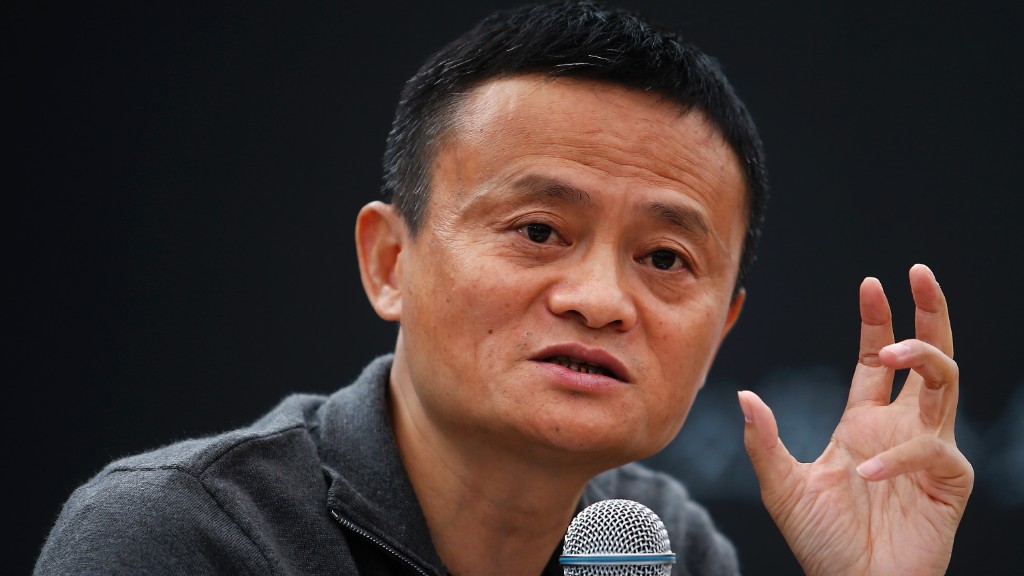
Despite many of its services being blocked in China, Google has chosen Beijing as the location for its first artificial intelligence research center in Asia.
"The science of AI has no borders, neither do its benefits," Fei-Fei Li, chief scientist at Google's AI business, said in a blog post Wednesday announcing the new center.
But China's internet borders are fortified by the so-called Great Firewall, and most of Google's biggest products -- its search engine, YouTube and Gmail -- have been blocked by the country's vast censorship apparatus for years.
Google (GOOGL) effectively left China in 2010, but the country's 730 million internet users make it too large a market to ignore. The company has made no secret of its desire to find ways to rebuild its presence there.
Related: Google's man-versus-machine showdown blocked in China
Its artificial intelligence unit DeepMind teamed up with Chinese authorities to hold a five-day festival in the country earlier this year. The event focused on a human-versus-computer showdown in the ancient game of Go.
Opening a high profile AI research center in China is the latest move in Google's charm offensive.
Related: Banned! 11 things you won't find in China
It comes just months after Beijing set out its ambitions for the rapidly developing technology, announcing plans to build a domestic artificial intelligence industry worth nearly $150 billion in the coming years.
China wants to become a superpower in an industry that's expected to significantly shape the future of the human race.
Russian President Vladimir Putin predicted in September that whoever becomes the leader in artificial intelligence "will become the ruler of the world."

Google's new center will help China pursue its aim to become the global leader. The facility will employ a team of researchers who will be supported by engineers the company already has in China.
"Besides publishing its own work, the Google AI China Center will also support the AI research community by funding and sponsoring AI conferences and workshops, and working closely with the vibrant Chinese AI research community," Li said.
Related: How China plans to beat the U.S. at technology
But Google could find itself in tricky situations.
The Chinese government is aggressively using artificial intelligence for surveillance of its citizens, raising concerns among human rights groups.
China has also been accused by the U.S. government, business groups and think tanks of trying to take short cuts in the development of its domestic industries by forcing foreign companies to hand over their intellectual property.
Beijing has disputed the allegations.
Google said it already had people in China working on some of its top global products, and that it wouldn't be adding new research capacity in the country if it were worried about IP theft.

